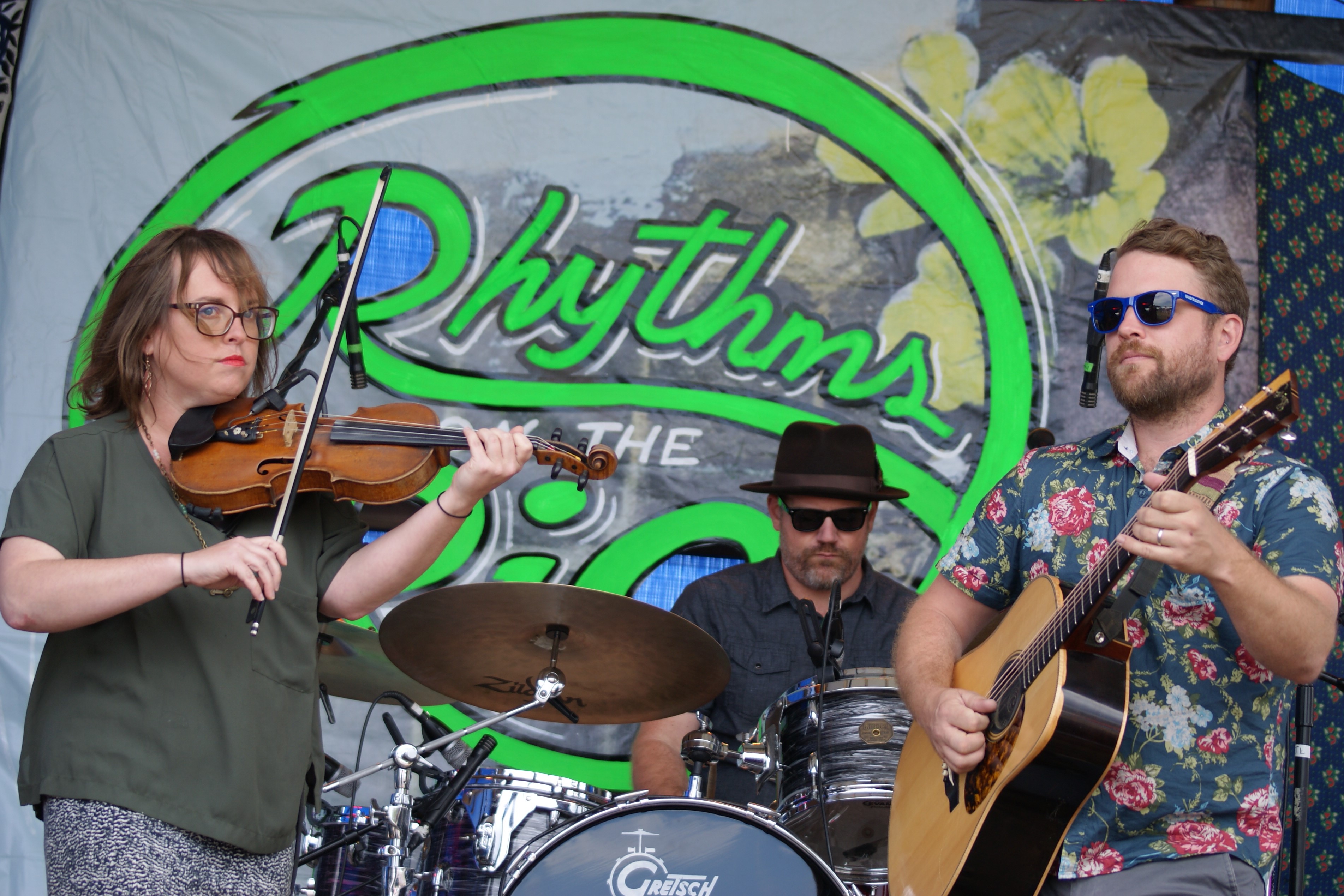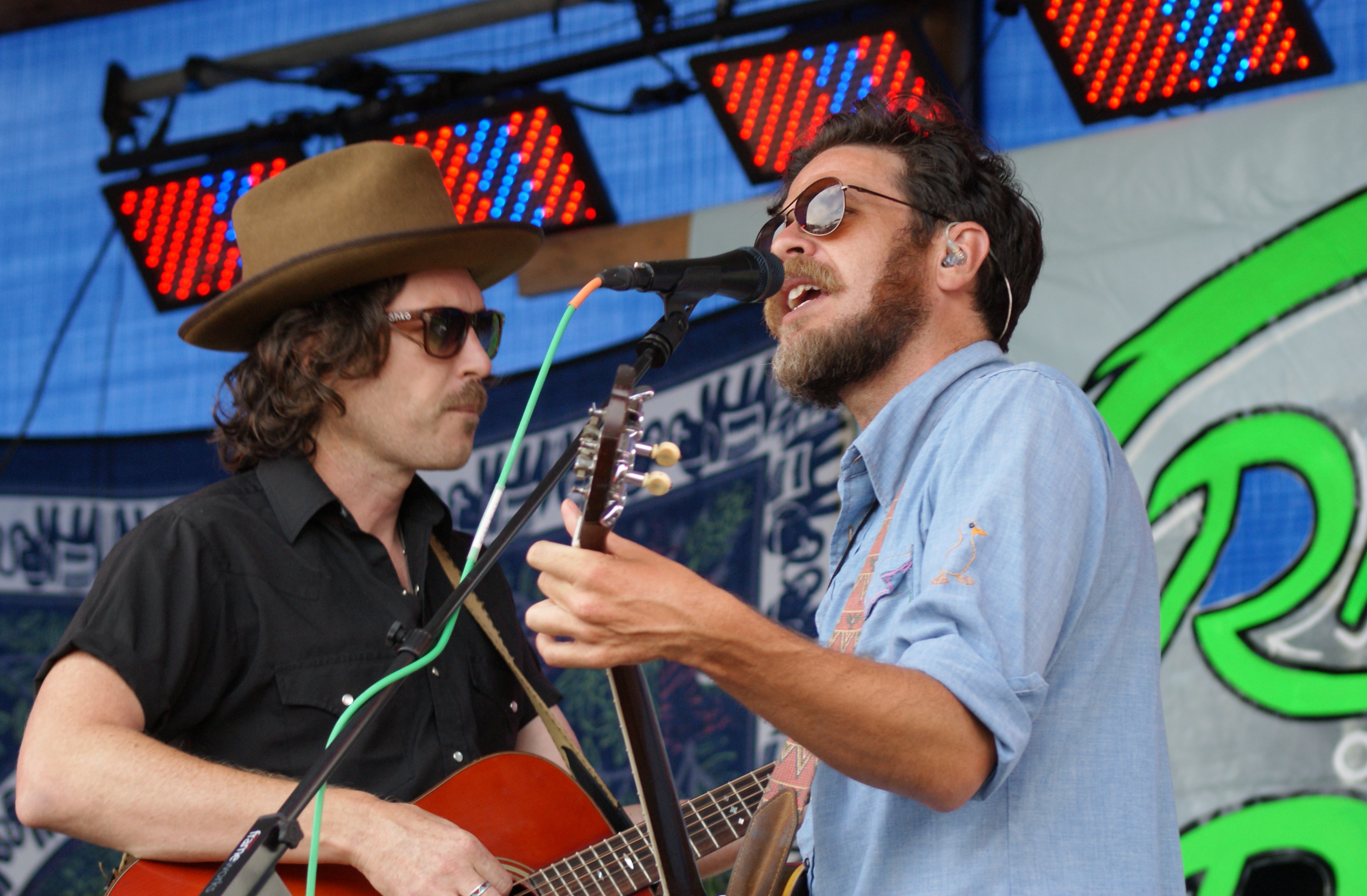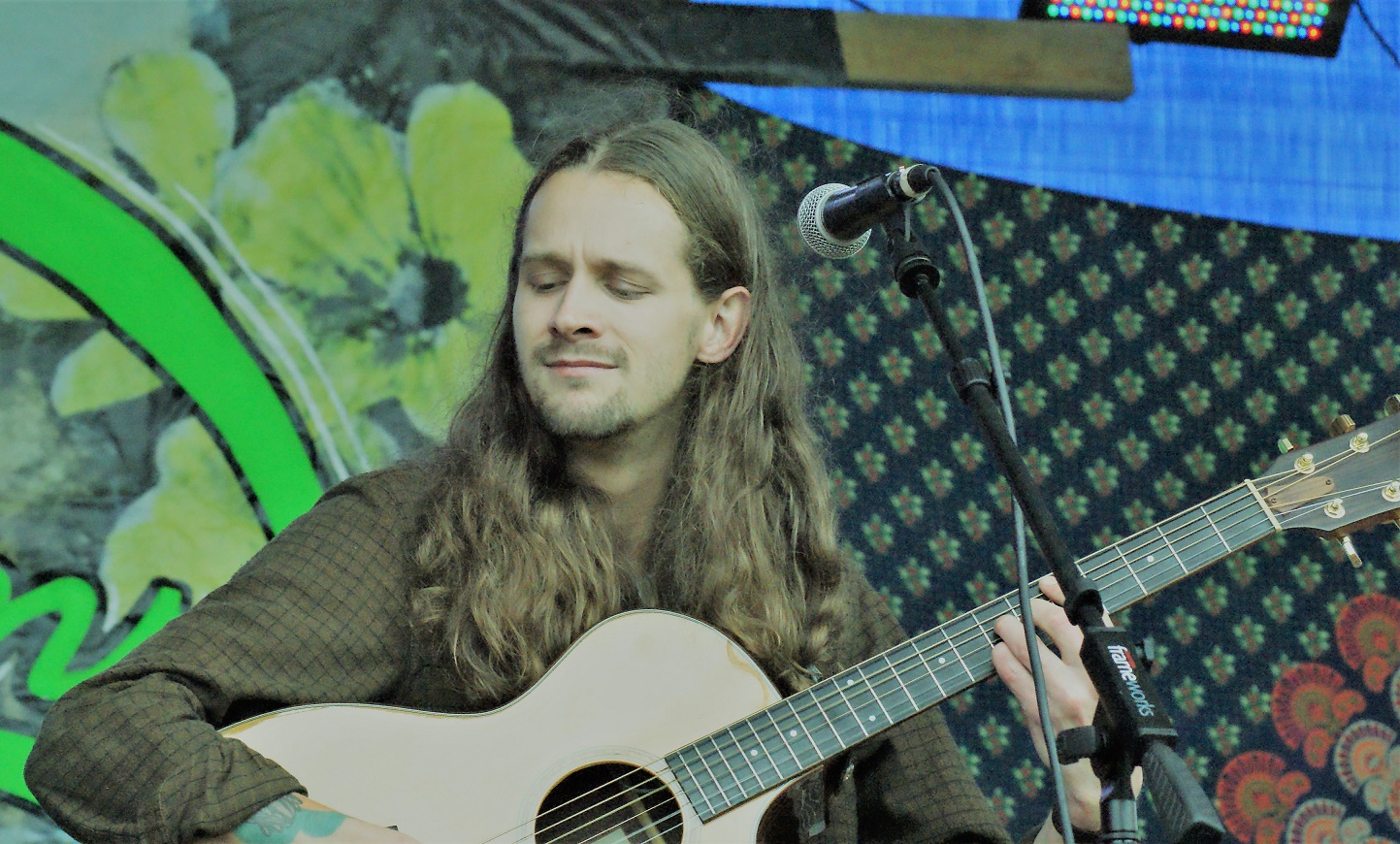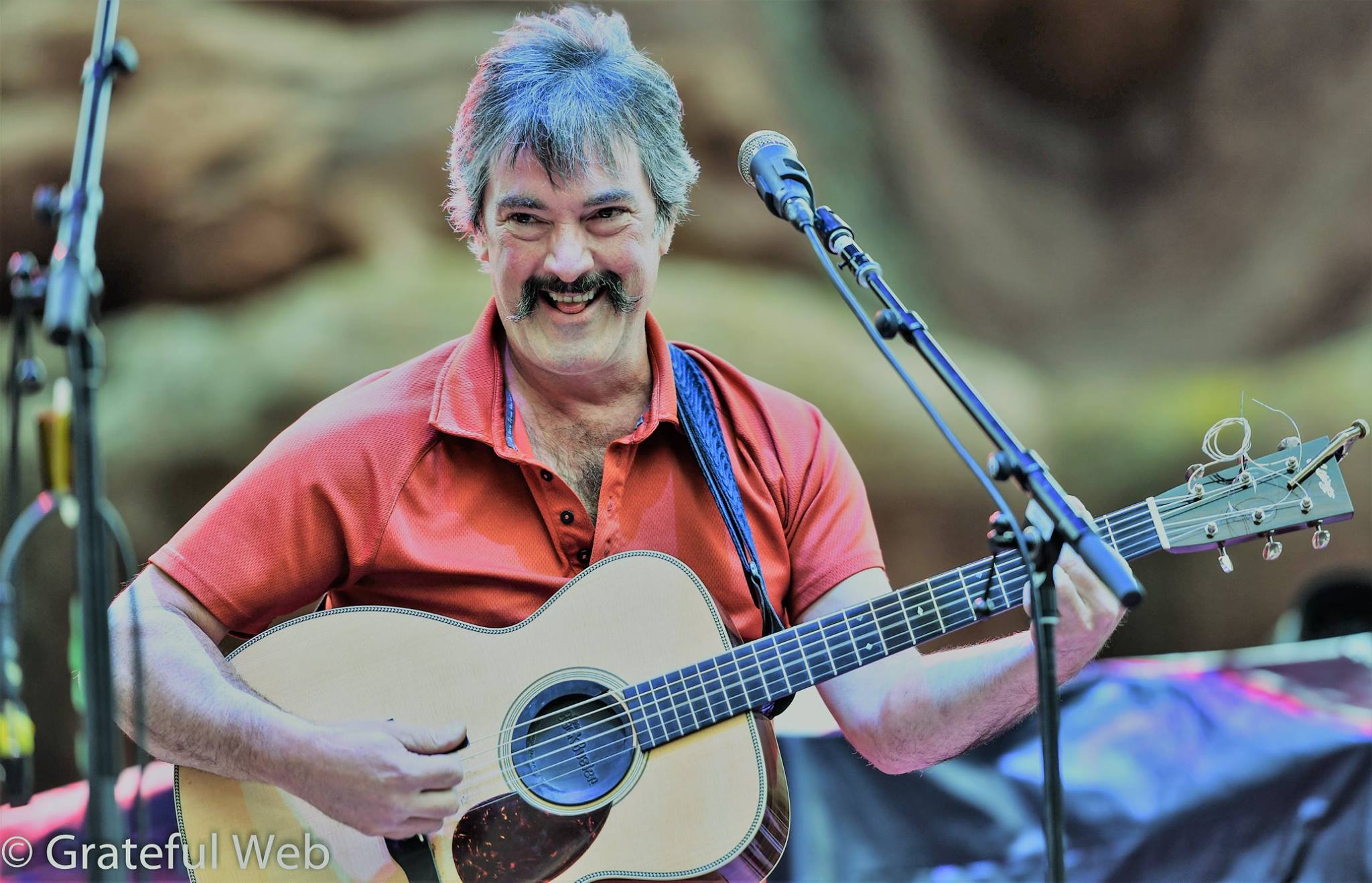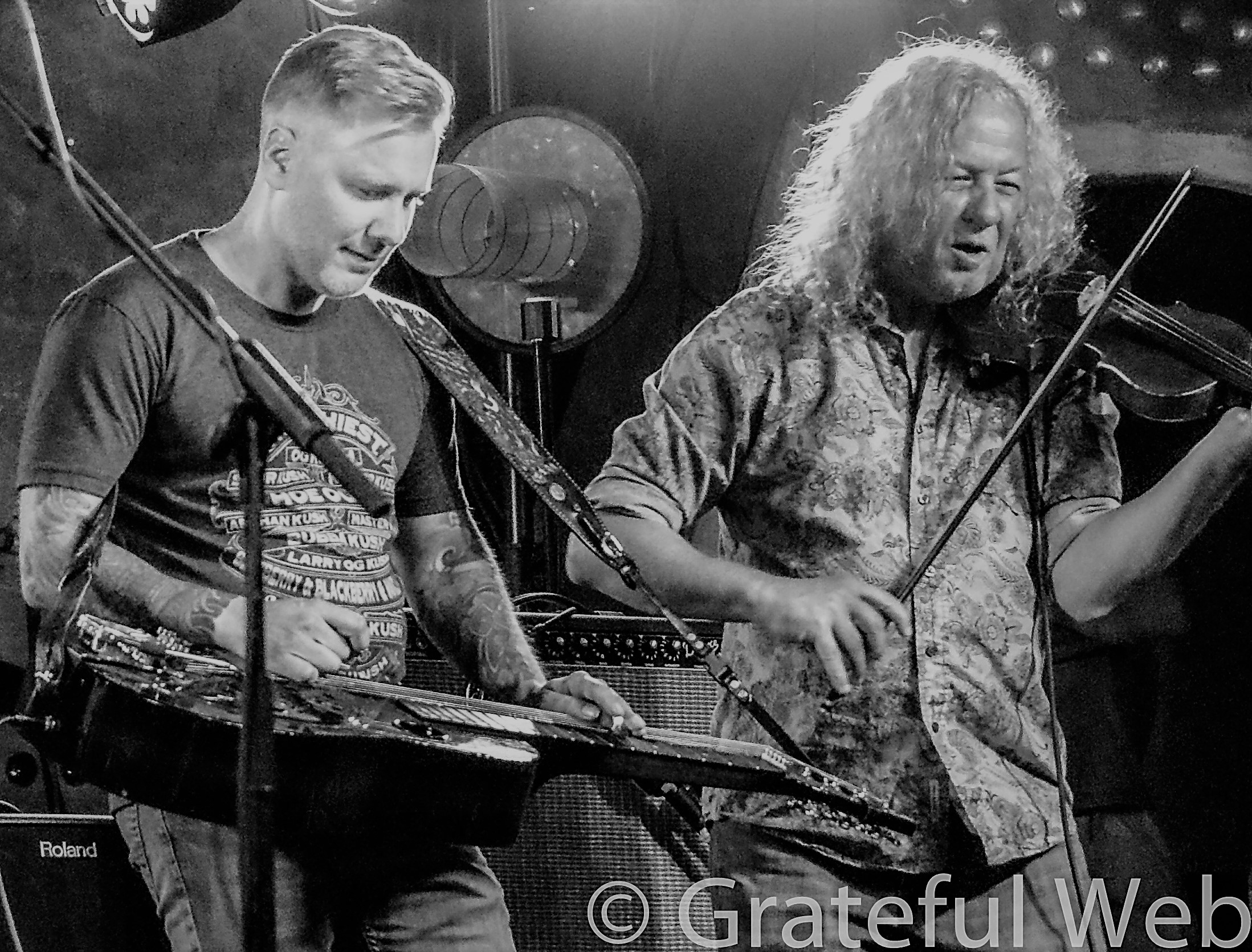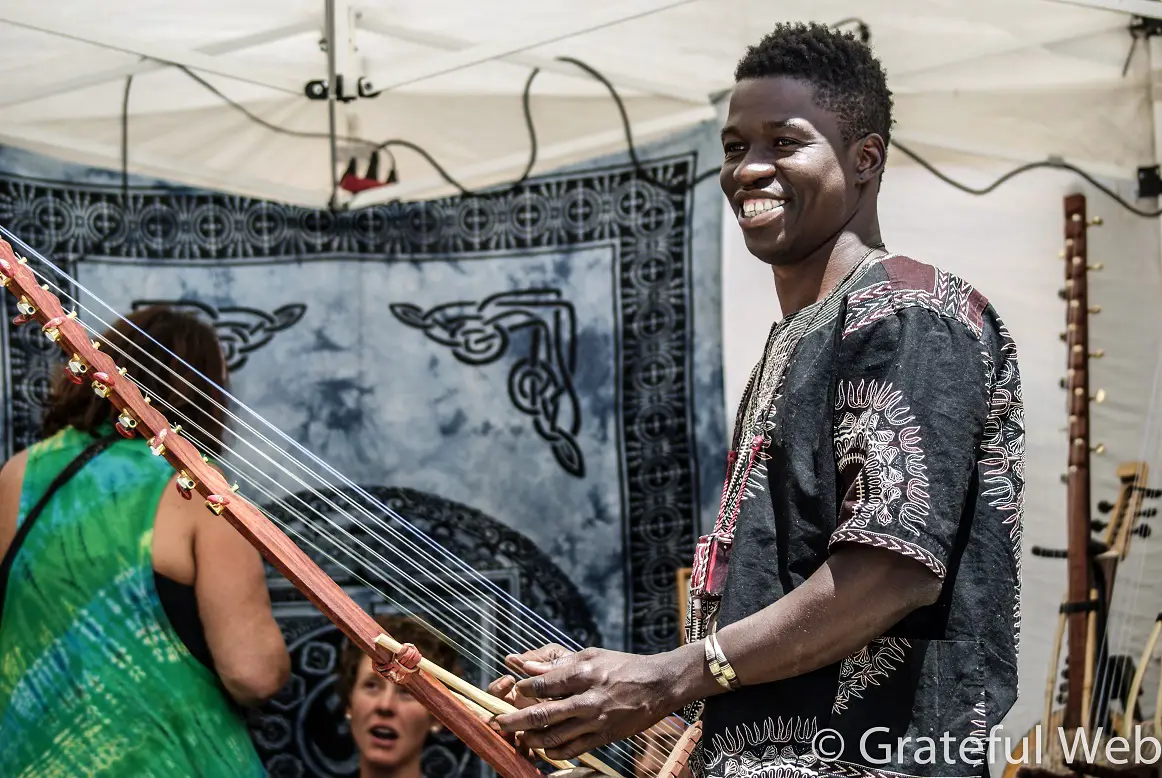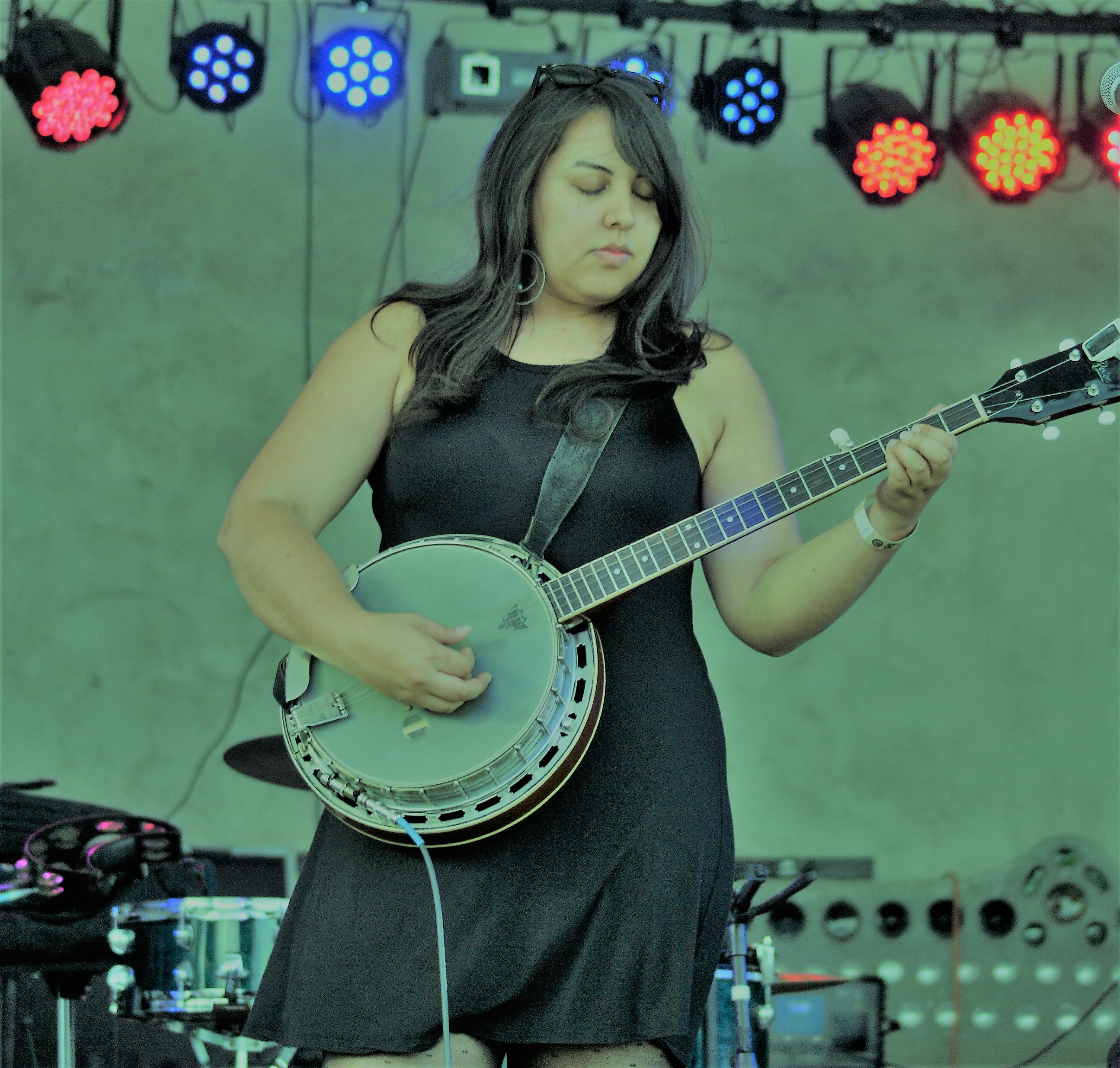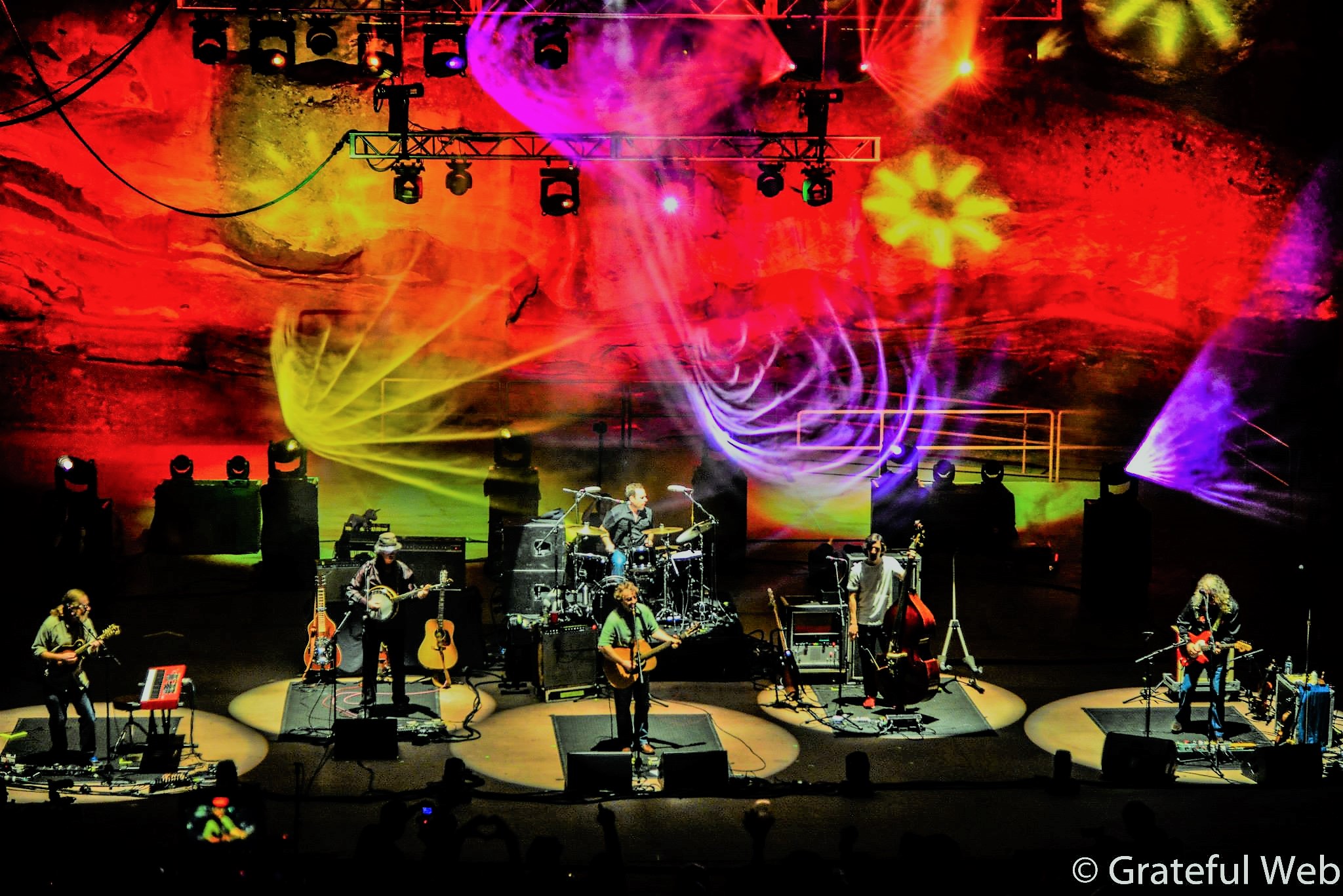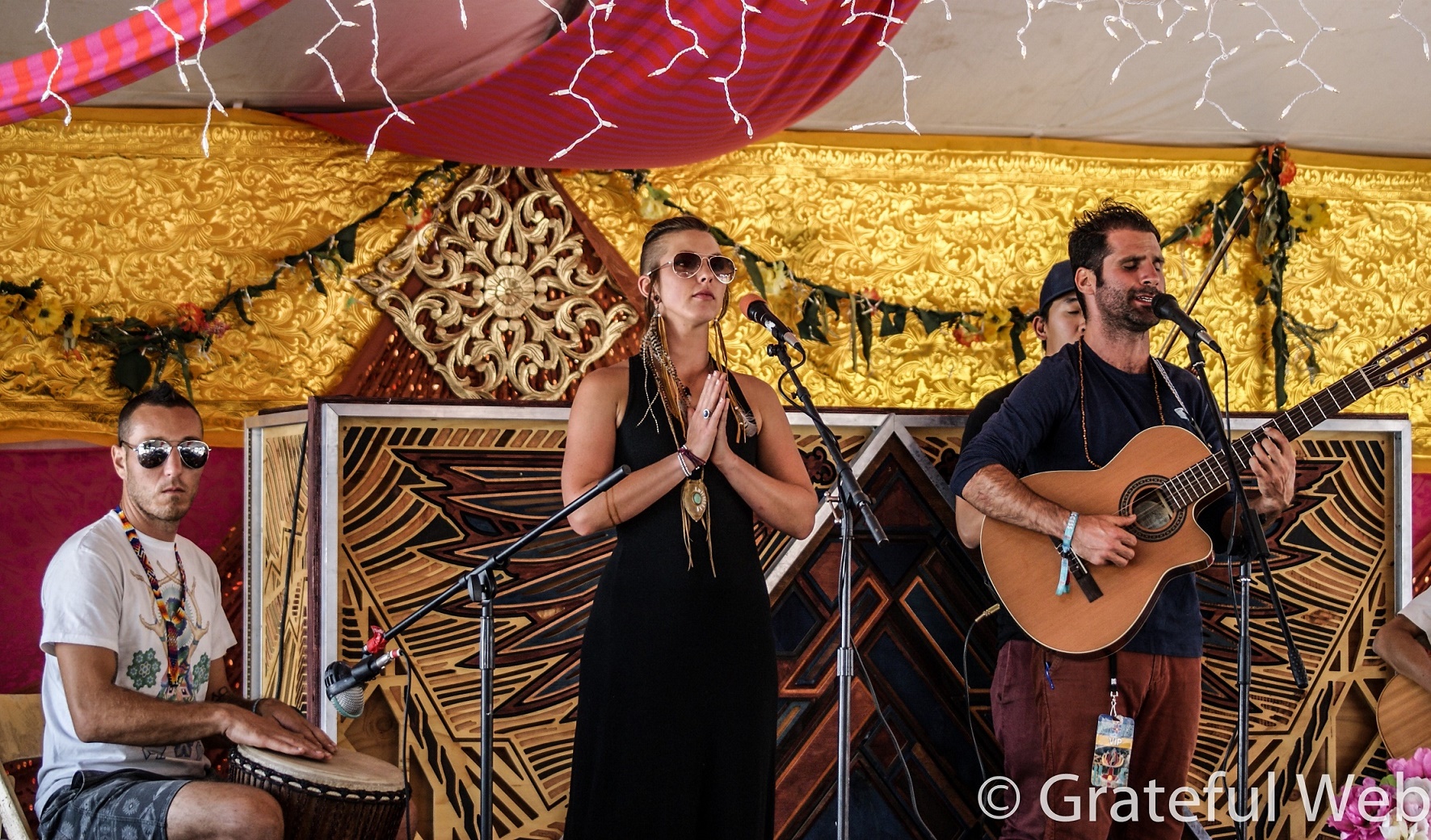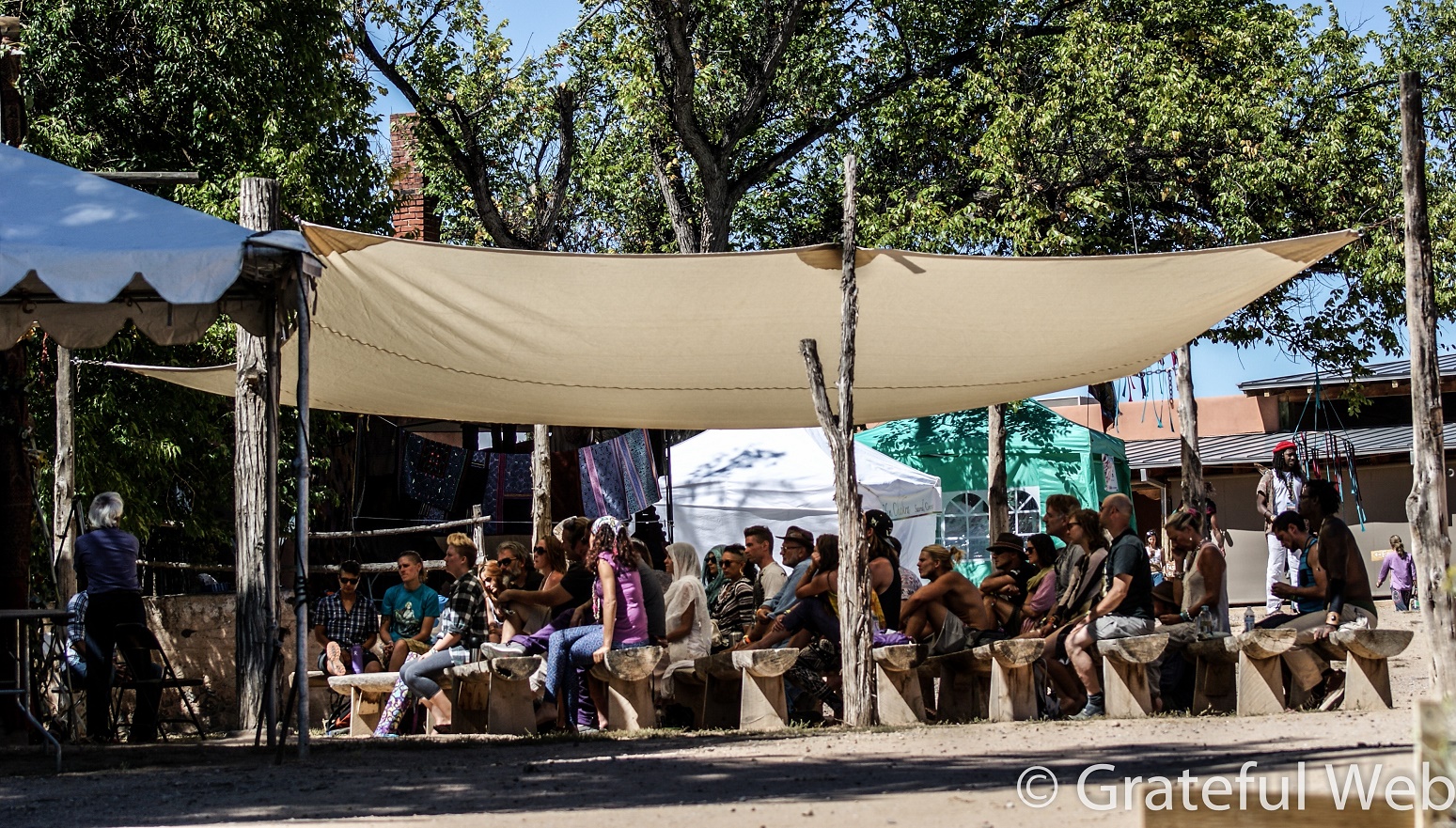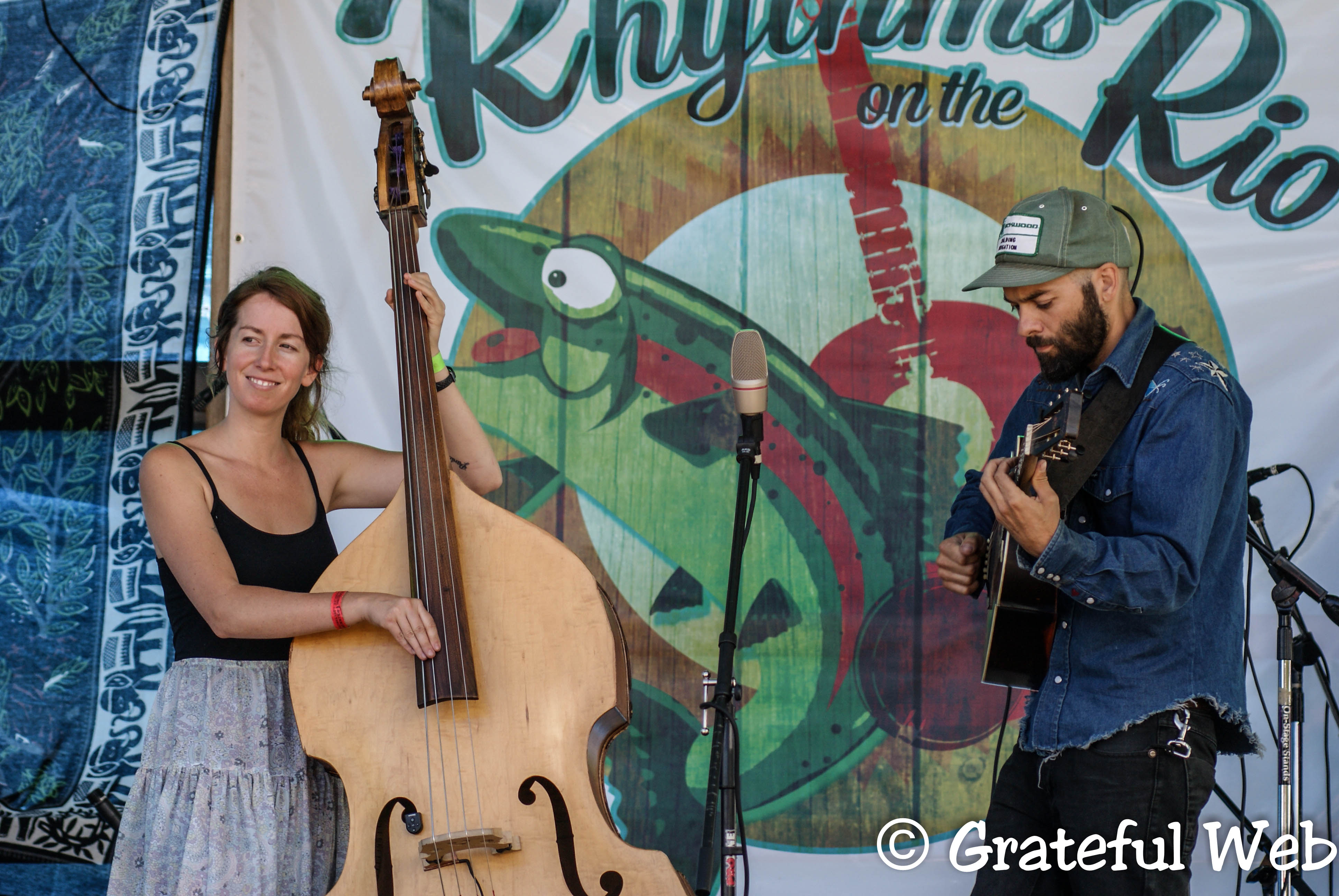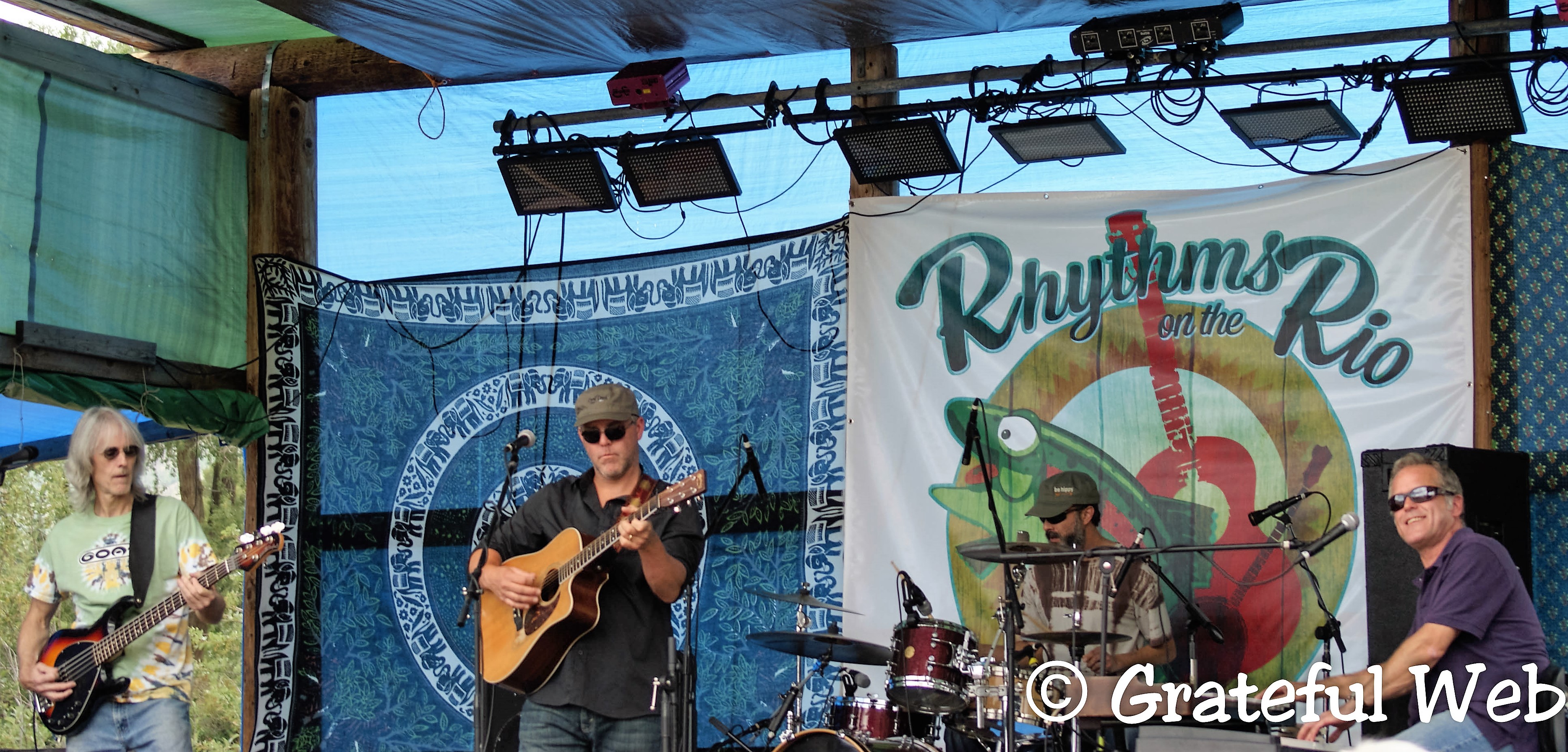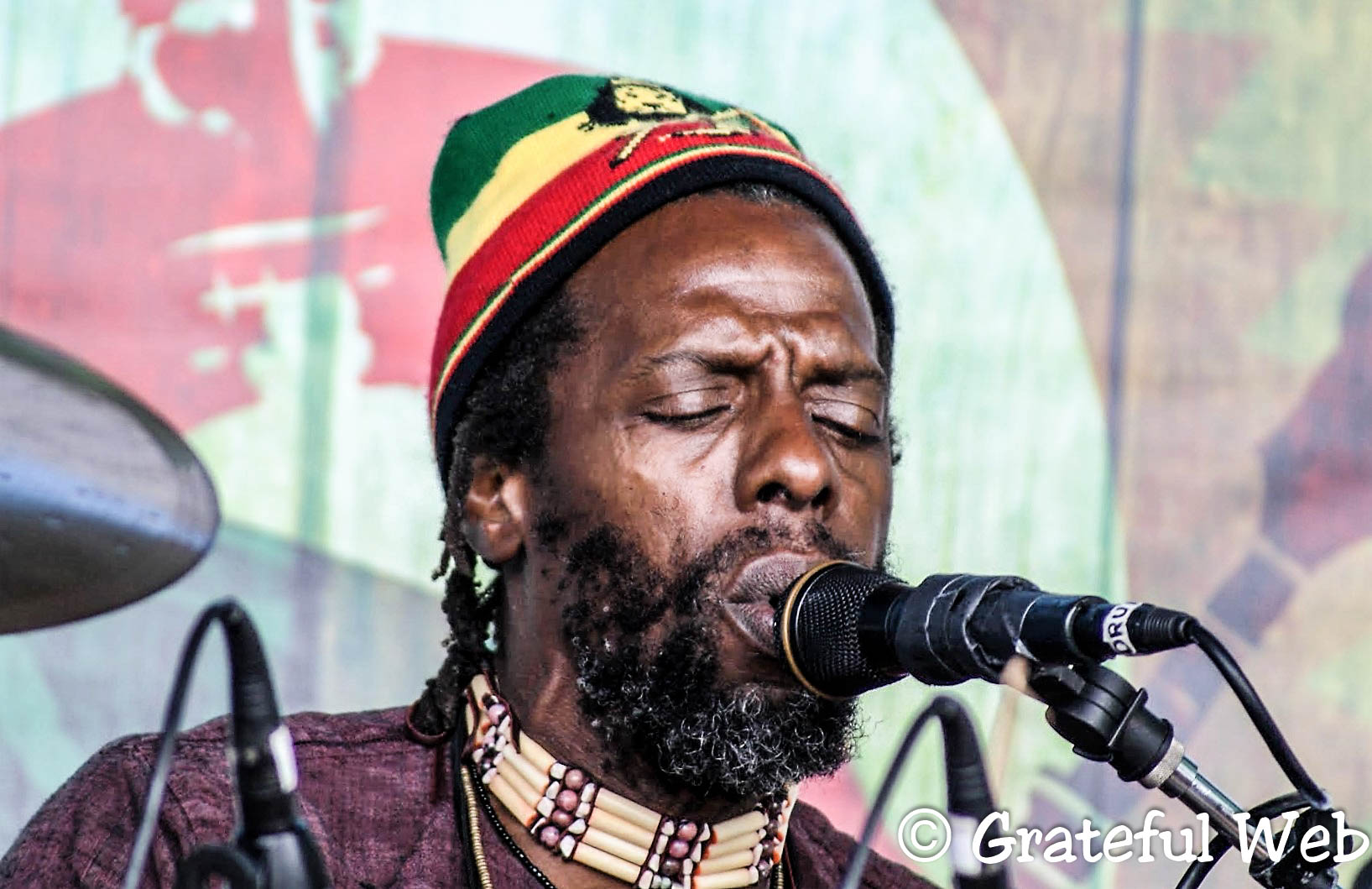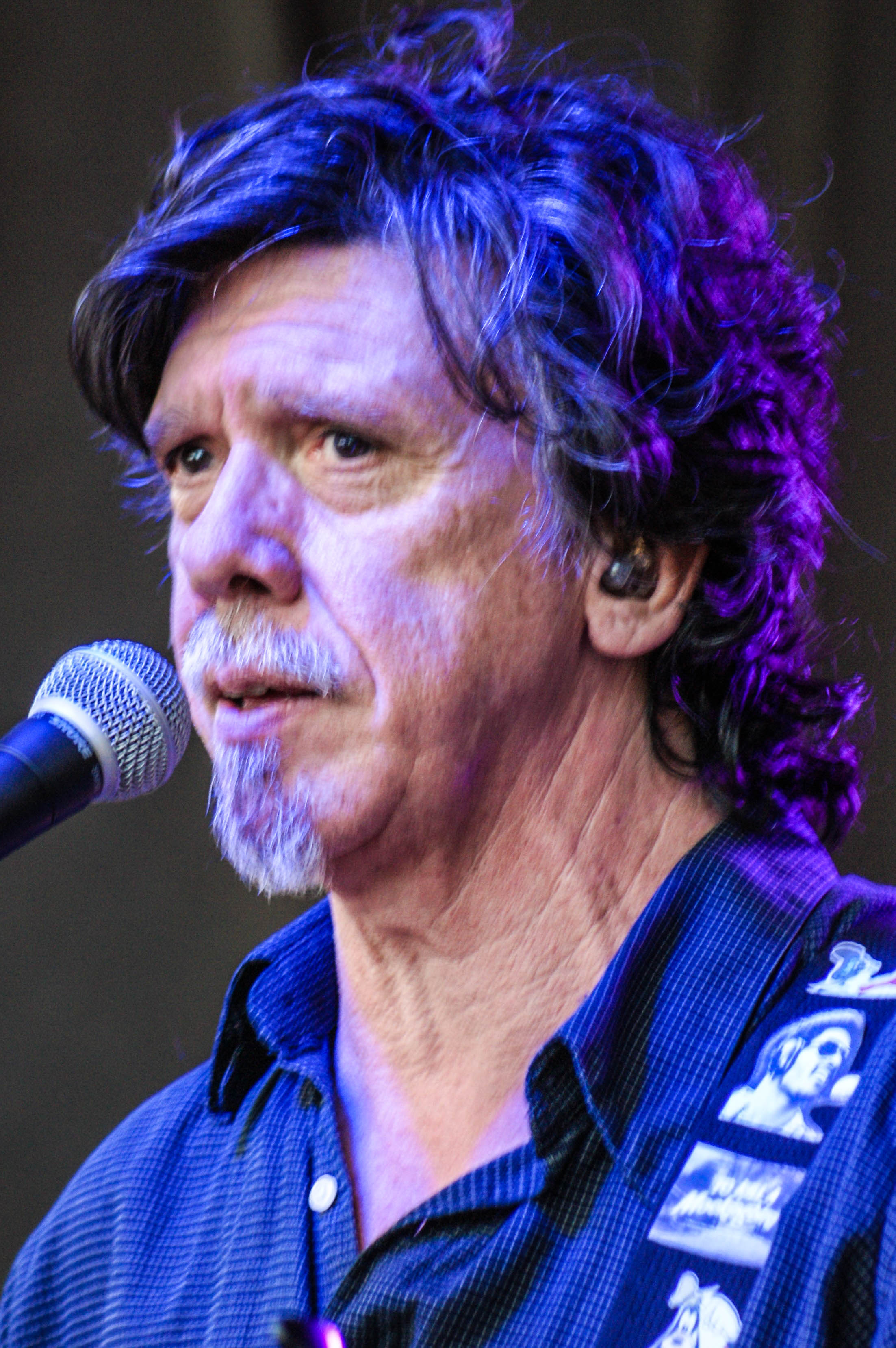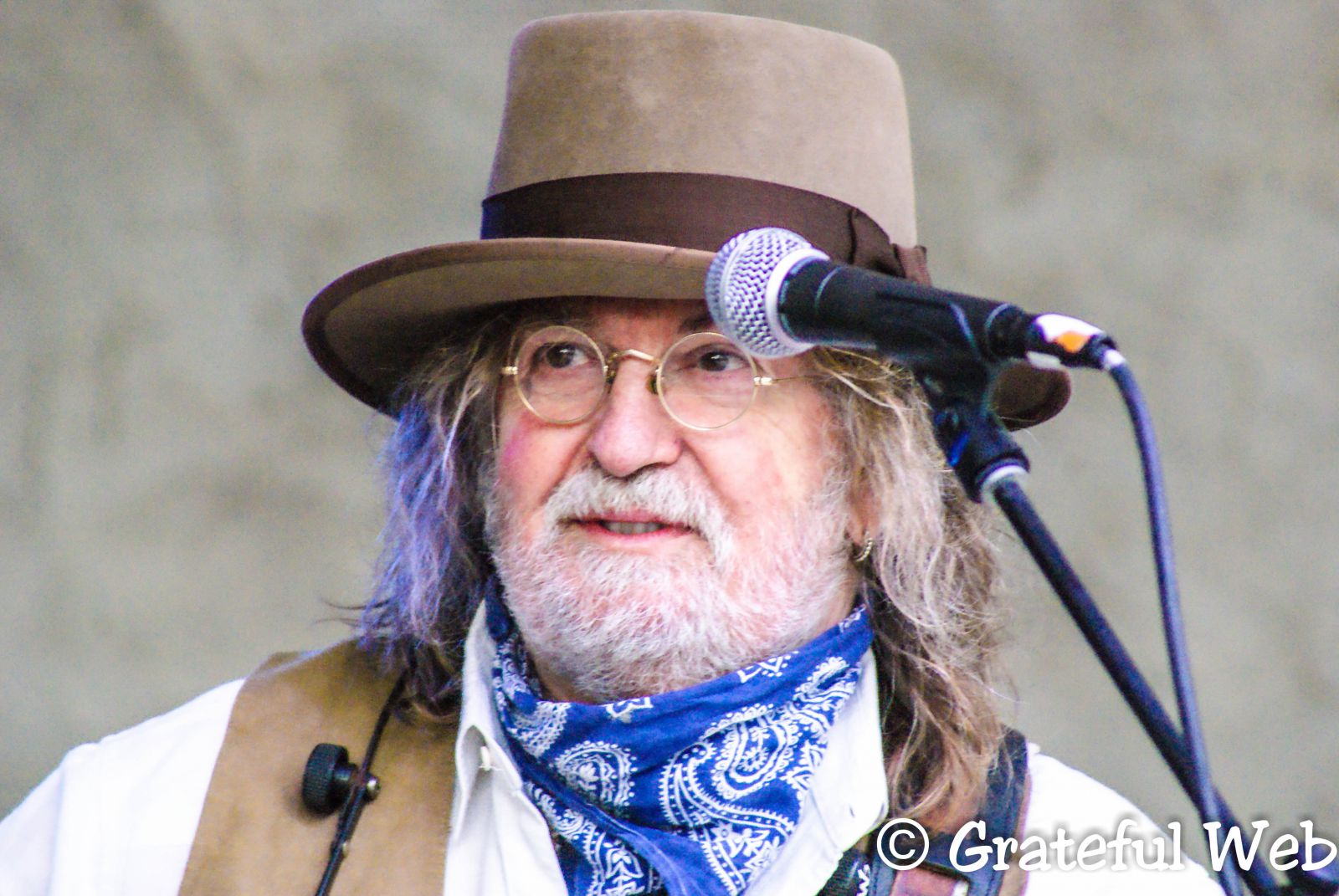Merging American rock with African benga music from Kenya is a bold mix, but Extra Golden has the daring and the chops to do it. Ian Eagleson (guitar) had been studying African music since 1995, traveling as often as he could to Kenya to document traditional popular music played by the masters of the craft. When Eagleson got a visa to live and conduct his research on his Ph.D. there for a full year, he eagerly packed up everything and spent 2004 in the streets and small clubs of Nairobi.
Prior to this dramatic move, Eagleson and another guitarist, Alex Minoff, had been playing in a Washington DC band called Golden. "We'd been playing in Golden for about ten years," Minoff said in a recent interview. "I think the last time we played was somewhere around 2002. But Ian and I continued to write songs together anyway, even if we didn't have Golden necessarily as a outlet."
When Eagleson packed and left for his sabbatical in Kenya, Minoff decided to check in on him in Nairobi. Minoff's other band, Weird War, had just completed a tour in the UK so he thought it was good timing. "Part of the idea was that we were just going to work on more songs together," Minoff said. "Then Extra Golden just kind of ended up happening out of that."
Eagleson introduced Minoff to guitarist Otieno Jagwasi and drummer Onyango Wuod Omari of the Kenya benga band Orchestra Extra Solar Africa and the wealth of music these musicians had to offer the world. "It's interesting as far as at least African music goes," Minoff said, "that there here are certain styles, certain artists, or music from certain areas that are a lot better represented in the world music market. Kenyan music in general and Kenyan benga more specifically has almost zero representation on the world market. It's a very vibrant scene there. There are lots and lots of musicians there that are producing hundreds and hundreds of cassettes and CDs every year. Their lack of international exposure is certainly not due to lack of production."
Eagleson's vision for working with these artists, at first, was just to help them record their music and get it outside of Africa to American music fans. But as they began to absorb benga music, the other musicians began to draw from Eagleson and Minoff's rock influences. As the four musicians continued to work together, they discovered that they had created something quite extraordinary. But then in 2005, Jagwasi died suddenly, causing the remaining musicians to wonder if this amalgam of American rock and African benga could survive, especially since Jagwasi had been the heart of the collaboration.
The Universe often steps in at times of crisis like this, and it did this time. The band rececived an invitation to perform at the 2006 Chicago World Music Festival. Opiyo Bilongo stepped in. He had played guitar a group called Bilongo Golden Stars, for which Eagleson had helped record two previous albums in 2004. The band was officially reborn.
The band released their debut album, Ok-Oyot System, which bore Jagwasi's signature touch, in time for this special festival. Still, there were problems with visa approval for Bilongo and Omari. They had to enlist Sen. Barack Obama's help to clear the roadblocks and issue the visas just a few hours before the Nigerian musicians boarded the plane taking them out of Africa.
Not only did the band, now dubbed officially, Extra Golden, play the World Music Festival, but they booked rock clubs and private parties for Kenyan people. One generous supporter offered up his home in the Poconos in Pennsylvania to record their next album. They spent five days in a private house with an assortment of amplifiers, effects pedals, and a drumkit that was in pristine condition, something that Omari greatly appreciated since his was in a terrible state of disrepair. The result was Hera Ma Nono, which also bears a special thank you song to Barack Obama (and his wife and mother, which is the benga way to extend gratitude).
That album and their current US tour features vocals in English and in benga and the signature three guitars of benga, plus a bass and drums. "Each of our albums has one song that's pretty straight forward in terms of maybe how a song like that would sound in Kenya," said Minoff. "And then everything else is a mix of things. The Kenyan style is obviously the biggest influence. But Ian and I also like a lot of other African styles, and we try to incorporate other African guitar and obviously some American funk or soul. For example, we do have a song on our most recent album, 'Love Highjackers.' It is pretty much straight forward benga, and then on our first album the last song 'Ajan Deri.' That song is also a fairly straight forward benga interpretation."
The music is upbeat and infectious. There is a pulse that mirrors a sense of joy, like that of Eastern European music or Cajun music, that comes through even if the content of the song is sad. There is a reason for that, Minoff explained. "One thing I've learned is that different people in different cultures associate different sounds and tones with certain things. For people like us in the West, when we think of something that's melancholy or music that's somewhat sad, we tend to think of a minor key. We associate that with a melancholy feeling. Like these guys in Kenya, first of all they pretty much don't use any minor keys. But they don't have that association. So, they can write a song that's sad, but it's just all in major keys and all very pulsing and sounds like their singing about having a barbecue, but really it's not that. I think it partially has to do with the fact that these people don't have those kinds of connections between certain kinds of sounds and certain kinds of moods."
The power of this album and Extra Golden's live performances is in hearing three guitars and hearing how they're able to support each other and carry the melody as well. For the album, Eagleson and Minoff switched off on playing bass, overdubbing those tracks. Everyone in the band also sings.
On their current American tour, which includes a stop at the 10,000 Lakes Festival (Wednesday, July 23, 2008, 9:30 pm, Barn Stage), has an expanded lineup. They have brought in the late Otieno Jagwasi's brother Onyago Jaguazi to play guitar as well, making three Kenyan band members (two guitarists and one drummer). They also invited Chicago bassist Noel Coopersmith to join them, resulting in three Americans in the band. "We did some shows on our last tour where we didn't have Noel playing bass," Minoff said. "It was just the four of us, which meant that either Ian or I had to play bass and which meant that we lost a guitar. I really think that one of the strengths of the group is when all of the guitars are going and interlocking. That sets up the different rhythms....We're using the guitars in a way that's not common in American music. Even the lead guitar is just a variation on the rhythm guitar and is playing more variations, where the rhythm guitar might play one variation over and over. The lead guitarist might come in and play several different variations on the rhythm. That all locks in with the rhythm guitar. Yeah, the way the guitars are used is definitely not typical in American music, but it certainly common in a lot of African music, and definitely in Kenyan music."
Extra Golden serves it up hot. Catch them at the 10,000 Lakes Festival this week.






